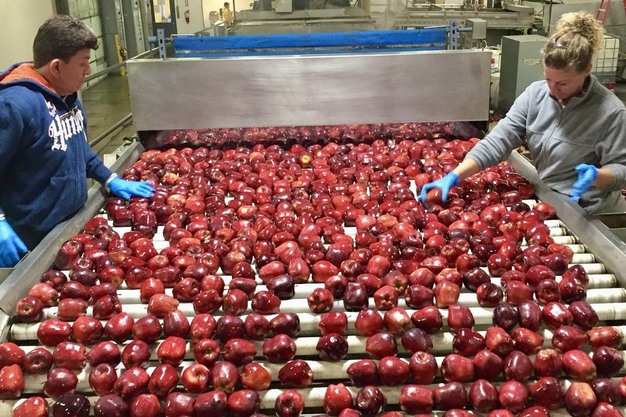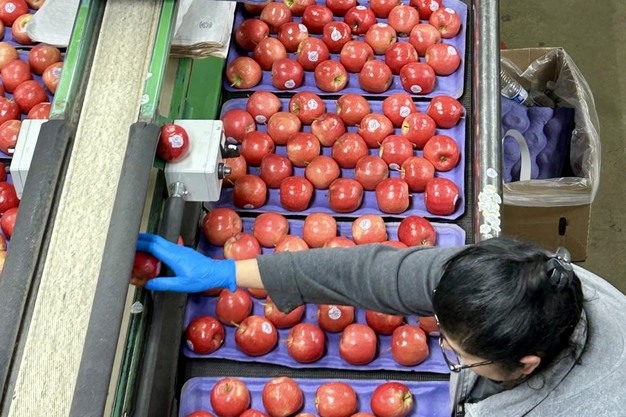Exporting fresh produce to India today is both an opportunity and a complex challenge, explains Preetha Venkat, Director at Agrarian Ventures, a supply-chain solutions provider specializing in logistics and quality assurance.
Exporters to India face three intertwined challenges, Venkat states: "First, there is a growing gap between the highly price-sensitive nature of the market, especially at street vendor levels, and rising quality expectations from wholesale markets and organized retail. This mismatch often creates friction and uncertainty."
 © Agrarian Ventures
© Agrarian Ventures
The second challenge, Venkat explains, comes from volatile consumption patterns around staples like apples, citrus, and berries, which make demand forecasting difficult. "Many Indian importers lack alternative distribution channels and robust prediction tools, causing sudden arrivals to flood markets, crash pricing, and slow down sales." Thirdly, payment and documentation hurdles further complicate exports. "With Documents against Payment (DP) dominating, exporters face frequent delays caused by banking formalities or documentation mismatches, which affect trust and cash flows."
According to Venkat, "Overseas exporters could overcome these challenges by building strong relationships with financially capable importers while accessing tiered quality programs and real-time communication." She further highlights common reasons for Indian port authorities rejecting shipments, which include non-compliance with import documentation, cold-chain violations flagged during inspections, and mismatches in invoice or packaging details. "Fraud and malpractice do exist, but the industry is increasingly leveraging digital traceability and proactive communication to mitigate these risks."
 © Agrarian Ventures
© Agrarian Ventures
With the Red Sea conflict blocking the usual passage between the Mediterranean and Indian Ocean, Venkat shares how shipments have been forced to take a much longer route around the Cape of Good Hope, adding 7 to 10 days to transit times. "This has increased port congestion and reduced the availability of refrigerated containers, consequently raising quality and shelf-life concerns."
"To help exporters maintain supply continuity and protect cold-chain integrity, we shift volumes to strategically located ports that offer quicker sailing times, leverage transshipment hubs to retain schedule flexibility, partner with reliable forwarders to secure priority on key vessels even at premium rates, and diversify arrival ports across India wherever possible," Venkat explains.
Agrarian Ventures uses data analytics to align overseas exports with Indian demand, performing last-mile quality checks via mobile tools and offering a WhatsApp-first B2B marketplace that connects exporters directly to verified Indian buyers. "This digital platform functions to streamline product listings, transactions, and conversations," Venkat concludes, reiterating that "India's fresh produce market, while complex, offers immense growth opportunities."
For more information:
Preetha Venkat
Agrarian Ventures
Mob: +1 206 618 0390
Email: [email protected]
www.agrarianventures.com
